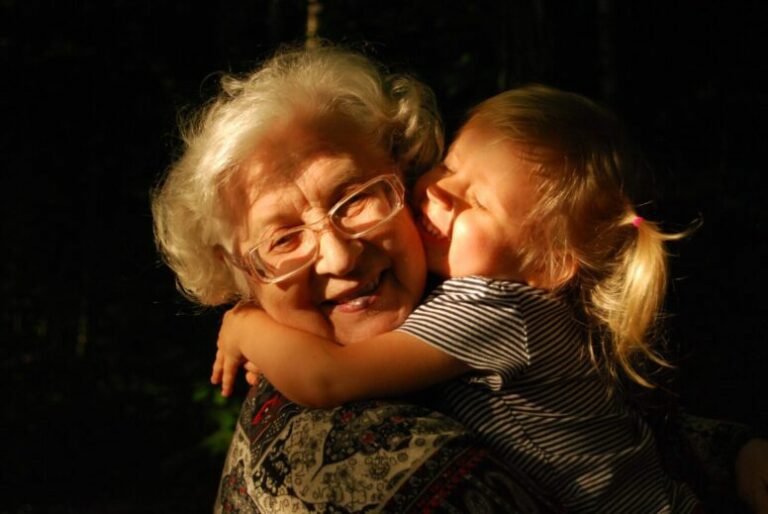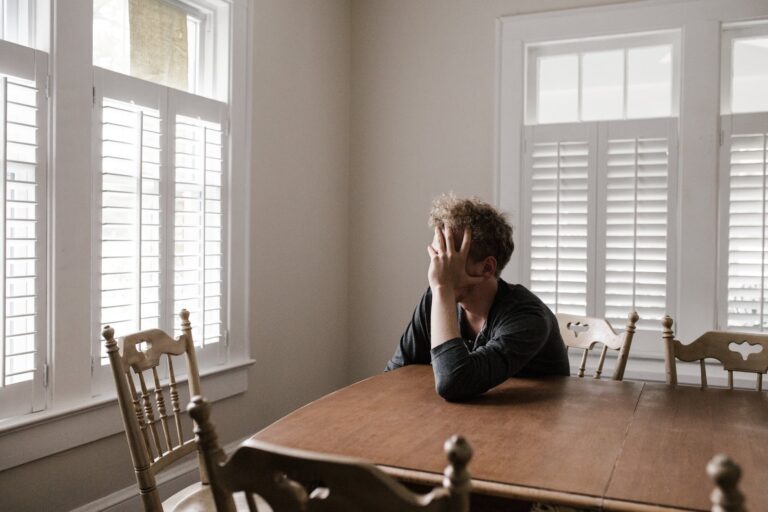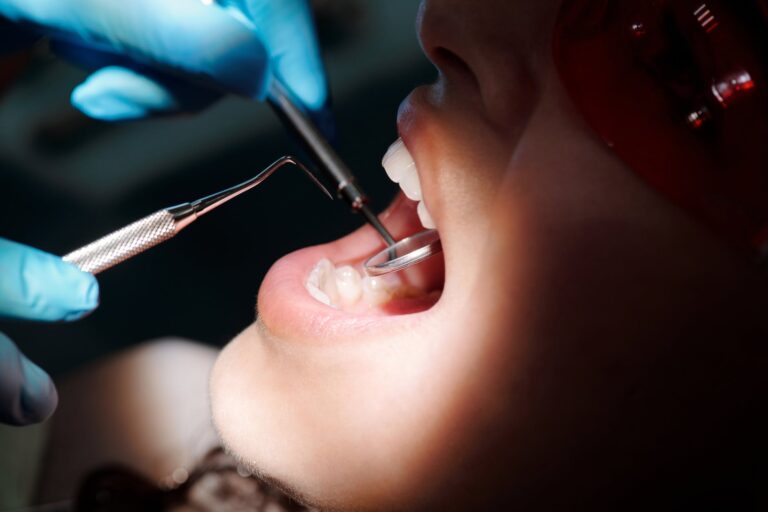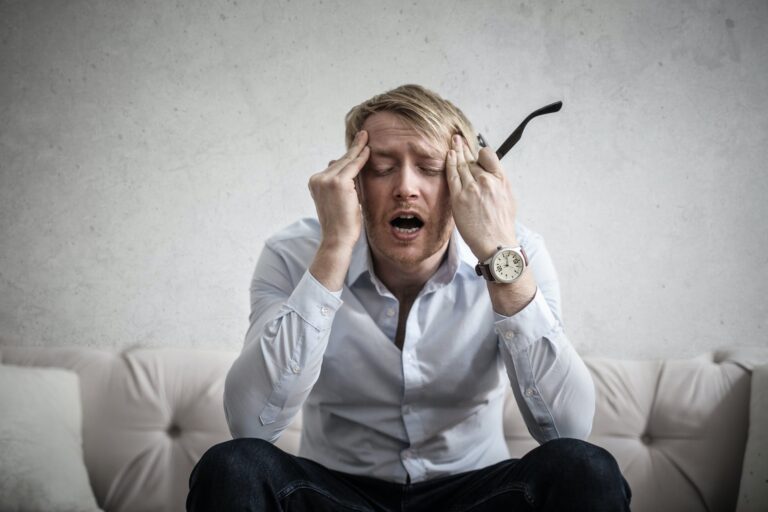I get worried, I get scared and anxious. Do I have mental health issues? Is it an anxiety disorder? How do I know if I have an anxiety disorder?
According to WHO anxiety is the most common mental disorder around the globe. The United States alone contributes a massive population of around 40 million suffering from it.
Don’t forget to take the anxiety level test at the bottom of the page.
What is an anxiety disorder?
A serious mental state that causes significant and persistent worry or fear which often worsens over time is an Anxiety disorder.
We all feel anxious occasionally, but with an anxiety disorder, the anxiety tends to be fairly constant and features a very negative and intrusive impact on an individual’s quality of life.
It is the mind and body’s reaction to dangerous, stressful, or strange and unfamiliar situations. It is the sense of discomfort, distress, or fear you will be feeling before a big event. a mild acceptable level of anxiety helps us stay alert and aware, except for those affected by an anxiety disorder, it feels anything but normal.
Types of anxiety disorder
The latest Diagnostic and Statistical Manual of Mental Disorders classifies anxiety disorders into three categories: Anxiety Disorders, Obsessive-Compulsive, and Related Disorders, and Trauma- and Stressor-Related Disorders.
Anxiety Disorders
If you are scared of something which lies ahead in the future which might have an undesirable consequence on your behavior and emotions, you may be experiencing anxiety.
Obsessive-compulsive and related disorders
If you get obsessive or you overthink and are occupied by intrusive thoughts like did you lock the door or not, did you switch the stove off or not, do I look ok? Am I looking ugly? Did I get dirty? And then such behavior leads you to compulsive behaviors like repeatedly looking into the mirror, repeatedly checking the locks, switches or repeatedly washing, etc. Then it might be elevating your anxiety level.
It’s easy to answer your question “how do I know if I have an anxiety disorder?” if you find yourself doing anything like this in excess.
Trauma- and stressor-related anxiety disorders
Traumas and unfortunate and emotionally or physically draining events like the death of a beloved one, an accident or violent incidents, divorce, or migration could lead to this type of anxiety disorder.
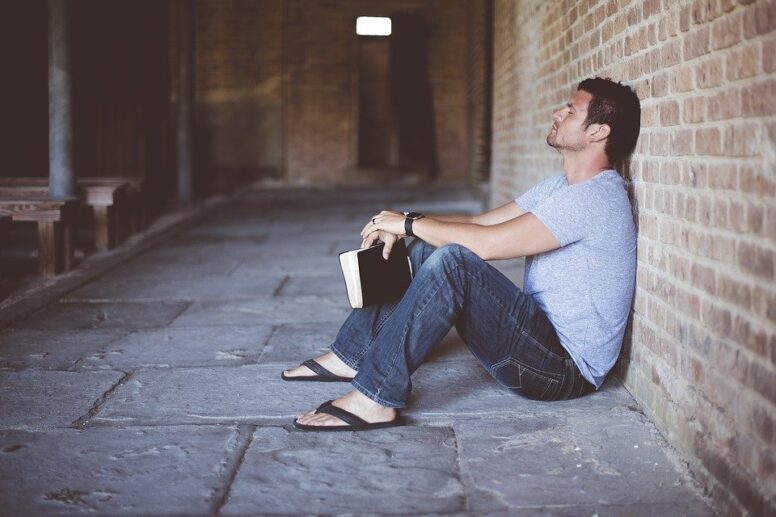
How do I know if I have an anxiety disorder?
Basically, once you experience the familiar physical and psychological signs of fear and anxiety-like sweating, racing heart, shortness of breath, trembling, worry or stress, these are cues that something is occurring that might be a threat which is necessary to deal with it. This “flight or fight” reaction activates the physical and psychological resources necessary to face the potential danger.
Although this system works well most of the time, sometimes it can move into overdrive and do more harm than good. When this happens, it’d indicate you’ve got an anxiety disorder.
Causes of an anxiety disorder
If you’re thinking “How do I know if I have an anxiety disorder?” then you better understand what causes them in order that it helps you assist better. Though we’re yet quite oblivious about the exact source of existence of where this starts, a general idea could be helpful.
Life experiences like traumatic events appear to trigger anxiety disorders in people that are already susceptible to anxiety.
You may also inherit genes that cause you to susceptible to anxiety. A study reported in PloS ONETrusted Source suggests the RBFOX1 gene could also be involved within the development of anxiety-related conditions, like generalized anxiety disorder.
Anxiety disorders often occur alongside other mental health conditions, like substance abuse and depression. Many of us attempt to ease the symptoms of anxiety by using alcohol or other drugs. The relief these substances provide is momentary. Drugs like nicotine, caffeine, and alcohol are liable to worsen the situation in anxiety disorder.
For some people, anxiety could also be linked to an underlying health issue. In some cases, anxiety signs and symptoms are the primary indicators of a medical illness. If your doctor presumes your anxiety may have a medical cause, he or she may instruct tests to diagnose for clues of a problem.
Do you have a family history of anxiety disorder?
Don’t worry just having someone in your family closely related to you like your parent or sibling doesn’t mean that you’ll be getting anxiety automatically.
Do you have an anxiety vulnerable personality?
Research suggests that individuals with certain personality traits are more likely to possess anxiety. for instance, children who are perfectionists, easily flustered, timid, inhibited, lack self-esteem, or want to control everything, sometimes develop anxiety during childhood, adolescence, or as adults.
Is your daily life pushing you towards anxiety?
Anxiety conditions may develop due to one or more stressful life events. Common triggers include:
- Job stress or job change
- Shifting residence
- Modification in lifestyle
- Pregnancy and delivery
- Inter family problems
- Relationship problems, like possessiveness., like possessiveness.
- An unfortunate event full of trauma
- Any sort of abuse, physical, mental, or verbal.
- Loss of a beloved.
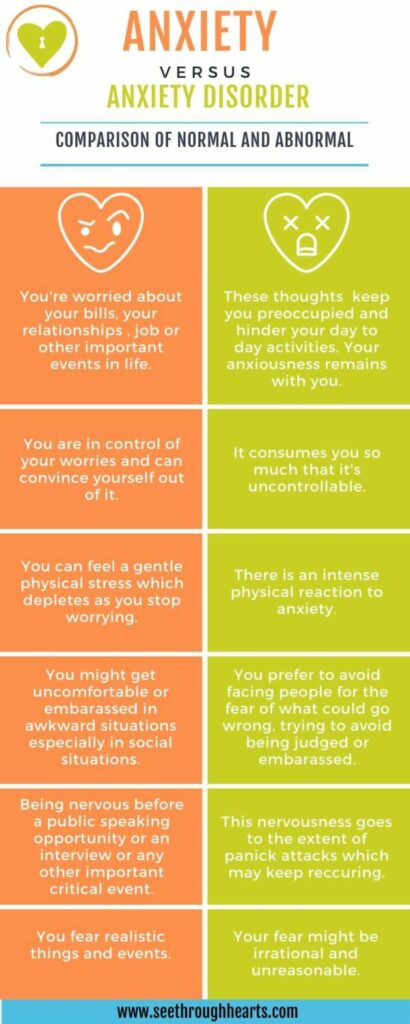
A few questions to answer might be handy in the procedure of knowing whether you are suffering from Anxiety Disorder, this isn’t the test though.
And like I said,
Don’t forget to take the “How do I if I have an Anxiety Disorder?” after you go through these questions.
Do you have an illness that could lead you to anxiety?
Diseases and illnesses often break us depending on the severity of illness we have. The immediate threat that we face and the uncertainty of the consequences end up in Anxiety disorder, making things worse.
And sometimes the anxiety symptoms show up before the illness itself as a premonition of an underlying physical problem ahead. A good doctor would analyze, identify and demand tests accordingly.
It’s important to know and remember that in such a critical situation your attitude might be the only thing you can control. So being strong will not only help you mentally but also physically. Keep thinking positively in all situations.
Do you have other mental health issues?
Other mental disorders like stress often are accompanied by anxiety.
Do you use alcohol or drugs?
The use of drugs and alcohol can also be a cause. Moreover, since people tend to incline towards these during anxiety and stress, it’s sure to work things out.
And to avoid uncertainties of any kind just goes for reliable drug testing products.
Everyday anxiety Vs Anxiety disorder
It’s of utmost importance to understand that anxiety is a necessity for us. You need to be anxious to boost your performance or get motivated or even avoid danger at times. It’s just that we need to understand the fine line which differentiates what’s normal from what’s abnormal or unhealthy.
But,
Everyone’s different and it’s often a combination of factors that may contribute to developing an anxiety condition. it is vital to know that you just can’t always identify the explanation for anxiety or change difficult circumstances. The foremost important thing is to recognize the signs and symptoms and seek advice and support.
Take Your Test Here
It is to remember that this is just an estimation based on what you have perceived of your mental state and is not a substitute to an official test taken by a professional Psychotherapist.
I suggest you approach a doctor if you get a score of moderately severe anxiety based on your self-assessment of the severity of the issue if you feel that your anxiety level is persistent.
And I strongly suggest you approach a professional if your score is severe anxiety.
Wishing you the very best.


